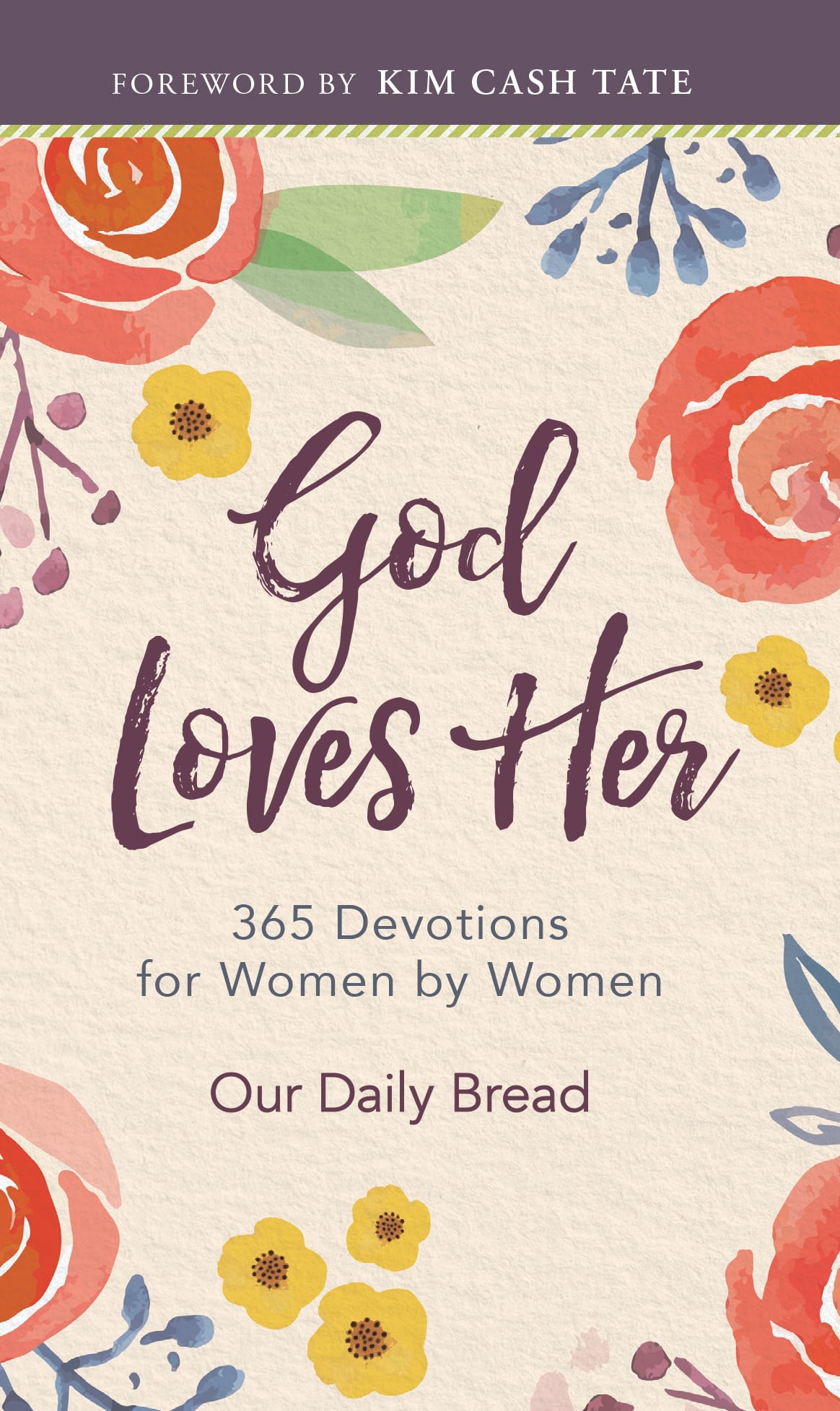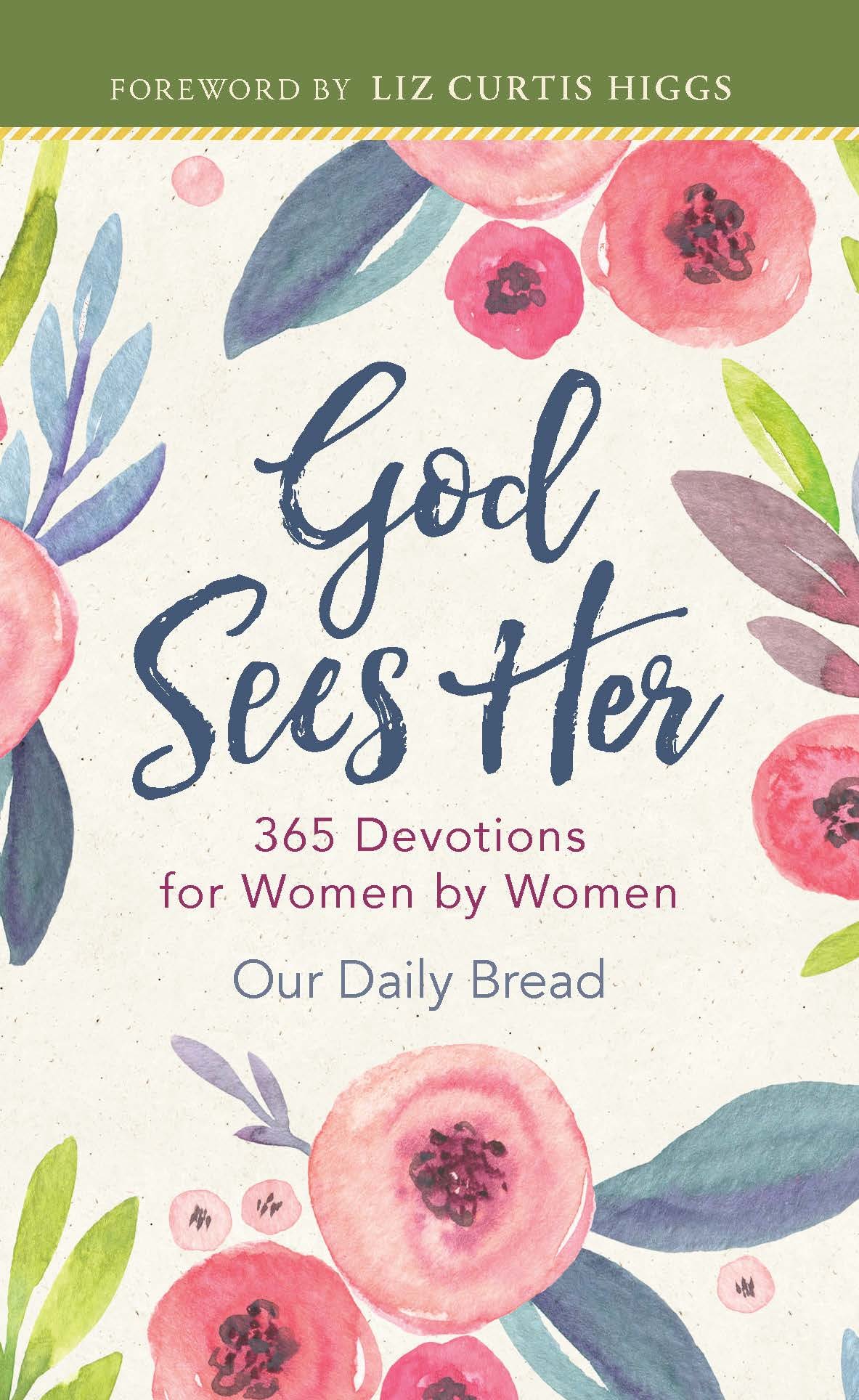Is it God’s will for everyone to be married? No!
So what is God’s will for us? It’s pretty simple: it’s for every person to come to know the love of God that surpasses knowledge (Eph. 3:18–19; 2 Pet. 3:9). It’s to love God with everything we have, and to love our neighbors as ourselves (Matt. 22:36–40). The prophet Micah reminds us that God has already shown us what is good, and what the Lord requires from us: “to do justice, and to love kindness, and to walk humbly with [our] God” (Micah 6:8). Everything else we do – get married, have kids, stay single, go to work, take out the trash – has the capacity to either help us love God and our neighbors better, or to make it harder for us to love God and our neighbors. What matters most is not what state of life we’re in (married, single, parenting) – what matters most is how we pursue the vocation of discipleship in whatever state of life we find ourselves.
There are a lot of reasons I’m still single, many of them practical, and some of which I can’t even figure out – who knows what mysterious factors go into why some people cross paths with a good match and some people never do! It’s just plain hard to find a suitable partner, especially once one’s not in their twenties anymore. (And statistics show that it’s even harder for Christian women, since they outnumber Christian men.) But one reason is because I haven’t wanted to marry someone whom I thought might keep me from loving God with my whole heart and loving my neighbors as myself. Putting too much pressure on people to get married can lead to people entering into unhealthy or even toxic relationships. We should never lead anyone to believe that it’s better to be in a relationship that harms them than it is to be single.
I’m sure there are particular people that the Holy Spirit nudges us to say Yes or No too. But I don’t believe that it’s God’s will for me in the abstract either to remain single or to get married. I believe that it’s God’s will for me to pursue justice and loving-kindness and to walk a humble journey with my Lord.
To say that it’s God’s will for a single person to get married, when there are no immediate prospects on the horizon, is to suggest that the single person simply needs to try harder – and that it might be their fault if they fail. That can be very hurtful to single people, especially if they’ve been trying for years to find a good and godly match and haven’t been able to do so.
Singleness can be a vocation and calling for a few, the way it was for Paul. We should honor people who feel that call. But for many others singleness is simply a state of life, and often an unwelcome one. Sometimes a single person might feel suited or well-equipped for the single life, but many times they don’t. The church can support and care for them, in part by not blaming them for their singleness. And, the church can assure them that discipleship is the fundamental and most important vocation for all Christians. What matters most is how you pursue the vocation of discipleship in whatever state of life you’re currently in.
Being a faithful disciple of Christ looks different in different stages of life. It’s different at 20 and at 50 and at 90. It’s different when you have a newborn and when you have teenagers. Christians can walk alongside one another and support each other as brothers and sisters in Christ during these different stages. “Bear one another’s burdens,” urges the apostle Paul, “and in this way you will fulfill the law of Christ” (Gal. 6:2).
Being married is hard and can even be lonely. Being a parent is not for the faint of heart. Being single is hard and can often be lonely. It’s hard to be human! It shouldn’t be a competition. The church is called to bear one another’s burdens, not to decide whose burden is the heaviest; and to do that we need to listen to one another, to share life and hear one another’s stories.
For some single people, loneliness is the biggest struggle they face. I sympathize with that; I went through stretches where all my friends were getting married left and right and I felt utterly left out – uncelebrated and home alone while everyone else seemed to be away on a honeymoon. Eating alone night after night can be demoralizing. It can be hard to build and sustain networks of deep friendships, both with other single people (who might move away or get married) or with people in other life stages (since, sensibly enough, parents often connect with other parents over play dates and school and soccer practice). I’ve worked hard to be a good friend, but I’ve also been blessed by people who have come alongside me as faithful friends and companions.
One of my favorite songs has a line that declares, “All of You is more than enough for all of me.” That’s true whether you’re single or married. But single people don’t have the love and support of a spouse, or the trusting love of a small child, to fill our hearts. Single people test out every day the theory that God is enough for all our longings, that God can satisfy all our desires. Without a husband, or a baby, can I affirm that God has been enough for me, that all my deepest desires have been met? I can. It hasn’t been easy (in fact, it’s often been very painful!) but for me one of the things that singleness has taught me is to put my trust in God alone, and to live into the truth that His grace is enough for me. It doesn’t mean I’ve stopped hoping or praying for a godly partner to walk through life with. But it does mean that I’ve stopped orienting my life around waiting for that to happen.
—Written by Rebekah Eklund. Used by permission from the author.







